The Philippines is among the fastest worldwide in terms of increasing number of HIV/AIDS cases. Lack of awareness on HIV and AIDS prevention and transmission appears to be the main reason of this increase.
According to Dr. Brian S. Bantugan,member of the Division of Humanities of the Department of Science and Technology-National Research Council of the Philippines (DOST-NRCP), only 17 percent of Filipinos have correct knowledge on HIV/AIDS prevention and transmission.
In 2018, the Department of Health-Epidemiology Bureau (DOH-BE) recorded 11,427 new HIV/AIDS cases. According to Dr. Verdades Linga of the Quezon City Health Department, a high percentageof new HIV infections are from the most vulnerable group--those with ages 15-24 years old, dubbed as the Generation Z.The youngest reported AIDS patient is 17 years old.
Because of the increasing prevalence of HIV among young Filipinos, the DOST-NRCP embarked on an advocacy to help spread awareness on HIV/AIDS: through the use of digital arts.
The advocacy is targeted especially to students from Grade 10 to second year collegeto boost their awareness on HIV/AIDS and help them avoid infection.
More details will be discussed in the DOST-NRCP forum “Enhancing Gen Z’s level of awareness on HIV/AIDS through digitized arts” at the upcoming National Science and Technology Week (NSTW) to be held July 17-21 at the World Trade Center (WTC), Gil Puyat Avenue, Pasay City.
Aside from the HIV forum, NRCP will also hold other fora and exhibits on the following: “Cities and Water,”which is about sustainable cities and communities; “Aging Society: Health and Medical Care,” which is about HIV/AIDS awareness using digitized arts interactive exhibits with free HIV testing and counselling; and “Human Resource” which is about women in science. Entrance is free and the exhibits are open for public viewing.(Geraldine Bulaon-Ducusin, S&T Media Service)

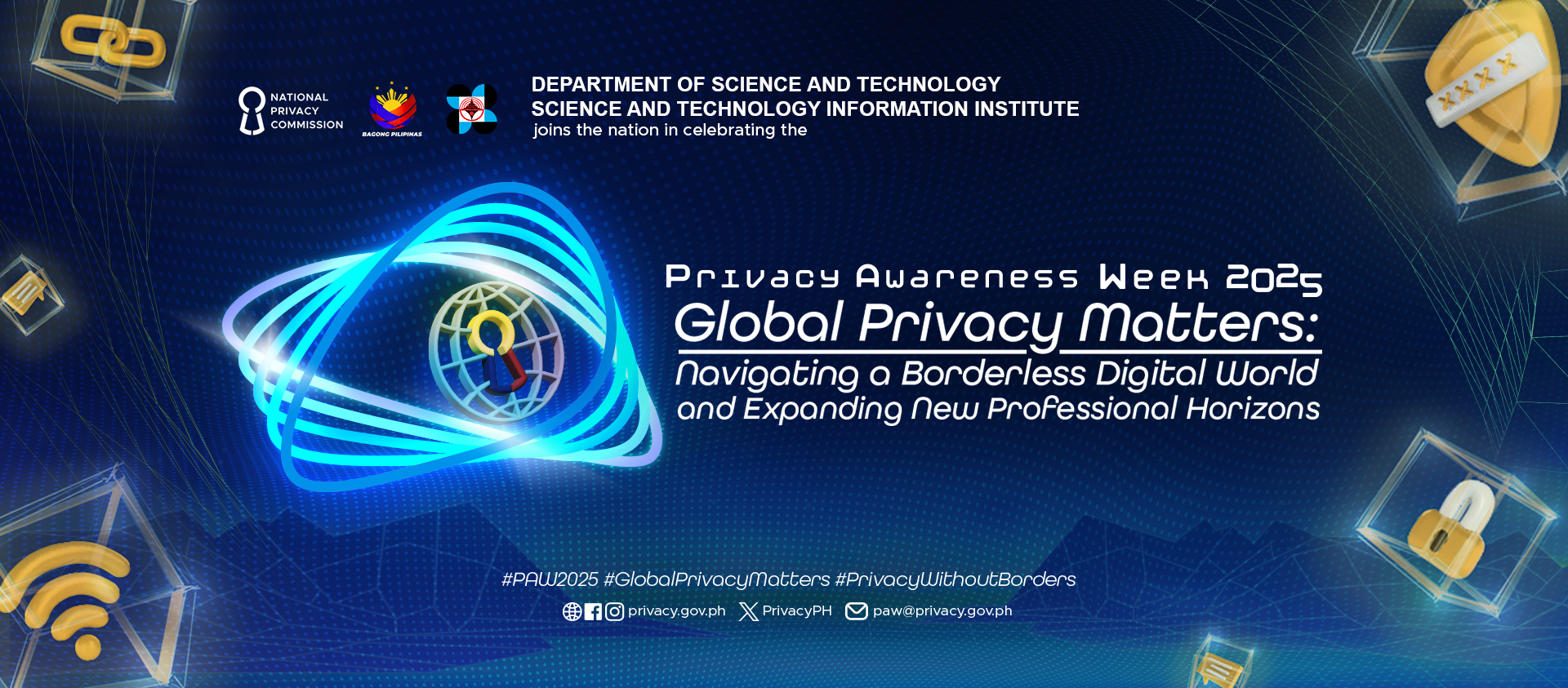
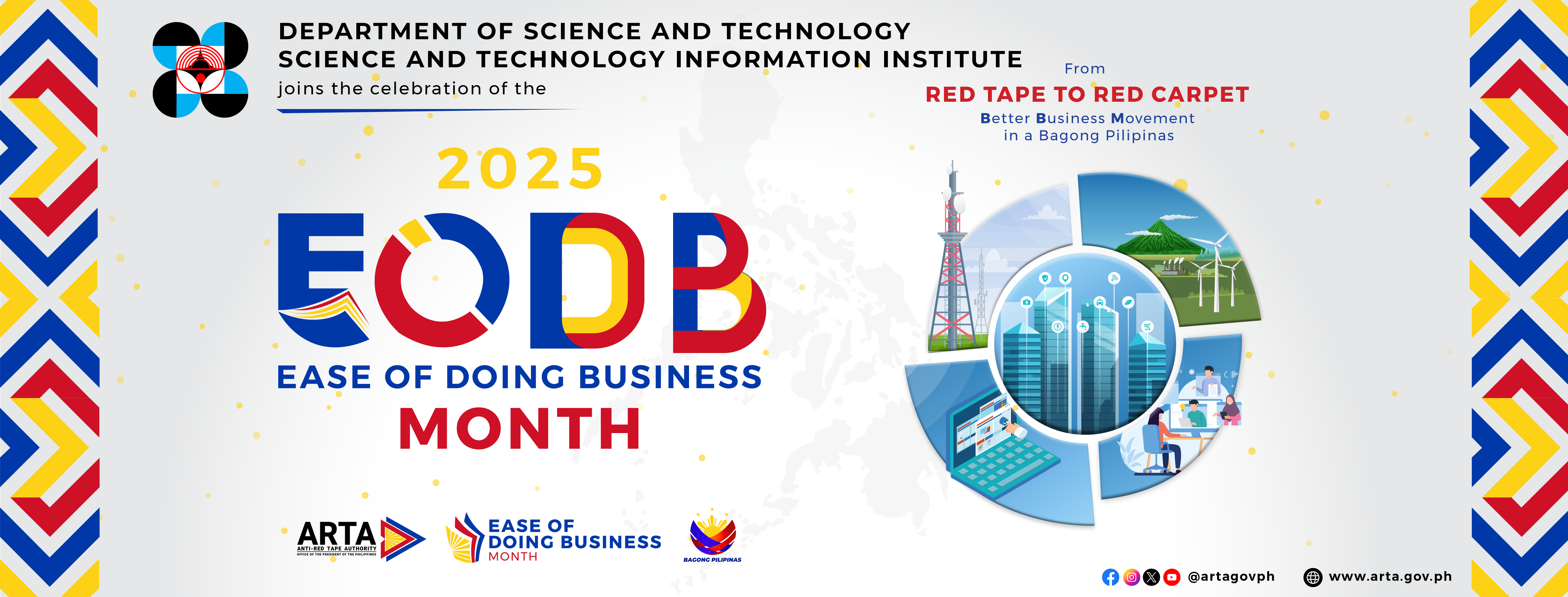
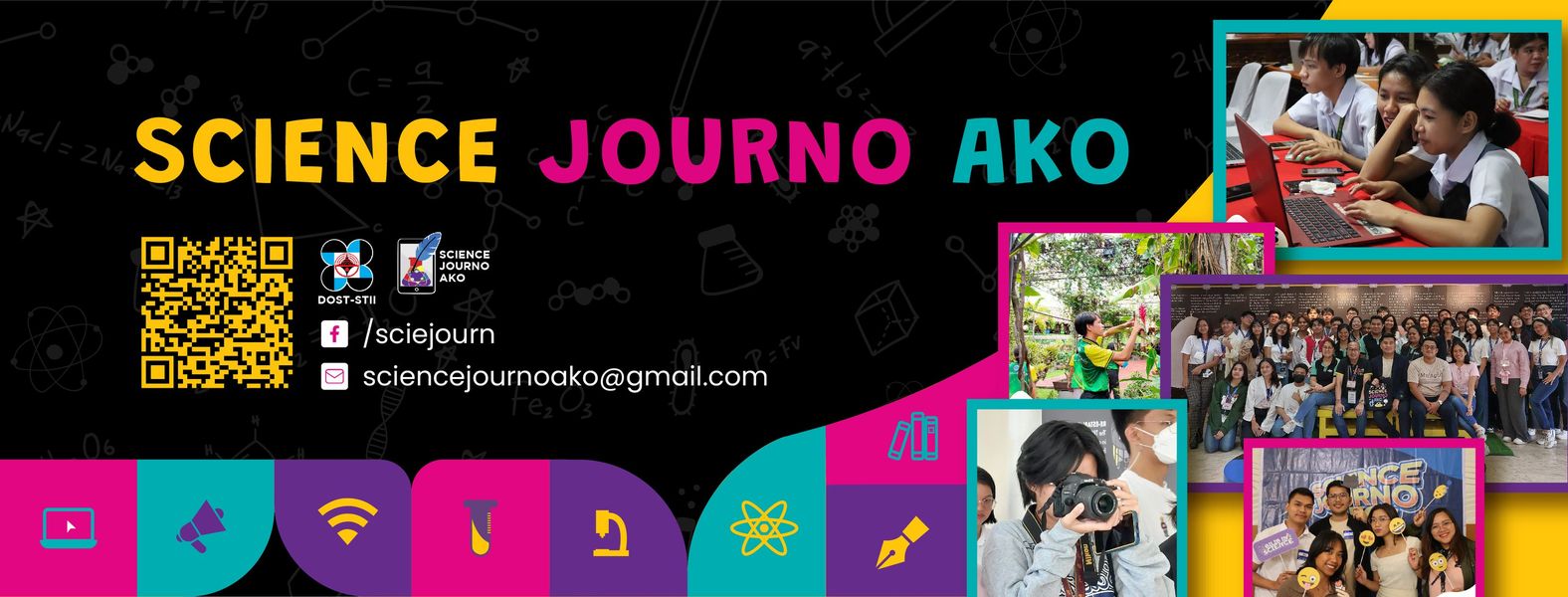
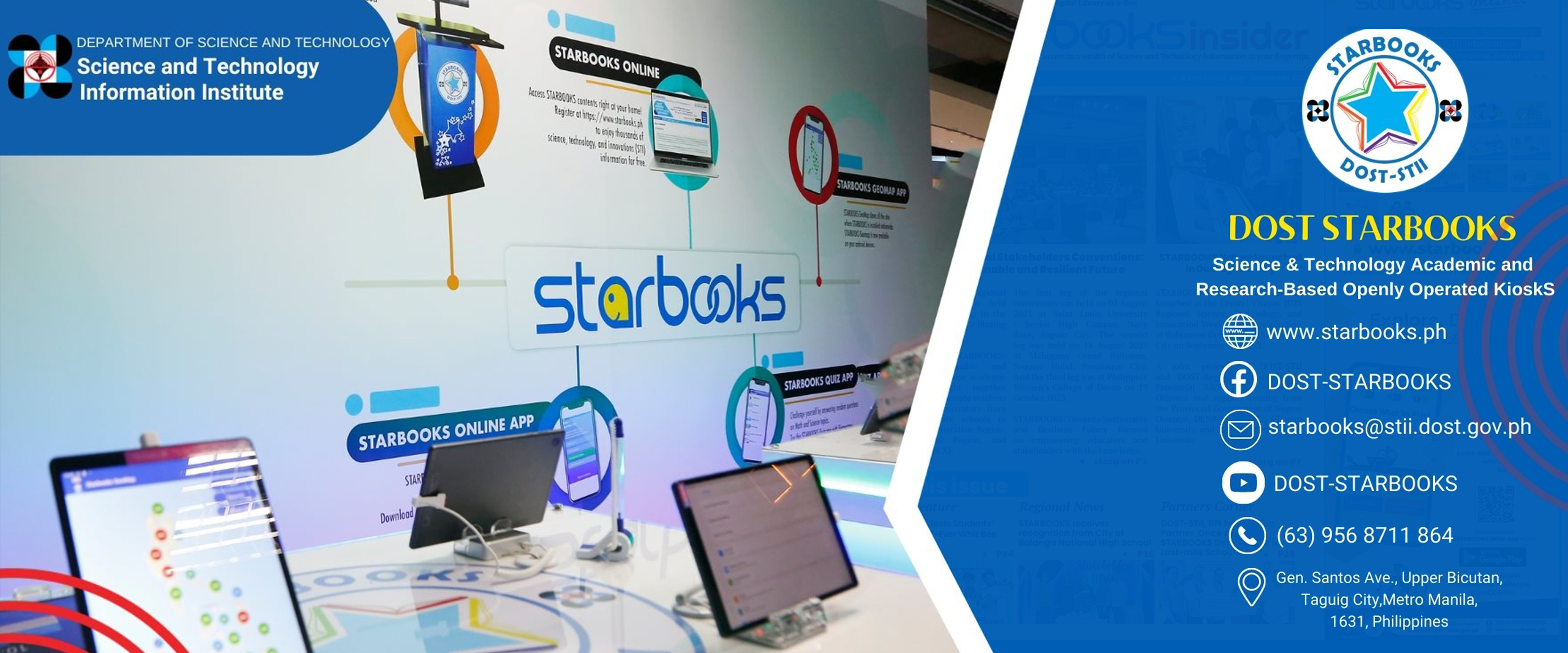
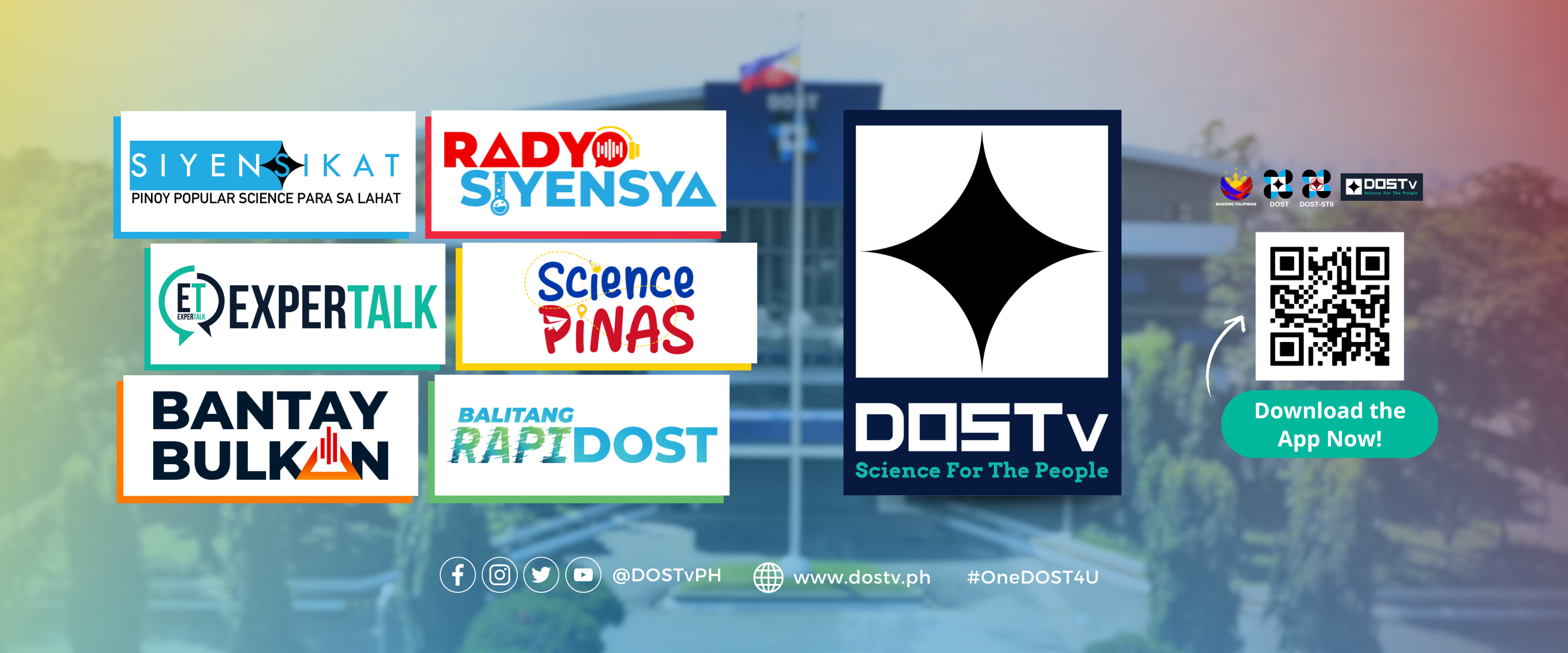

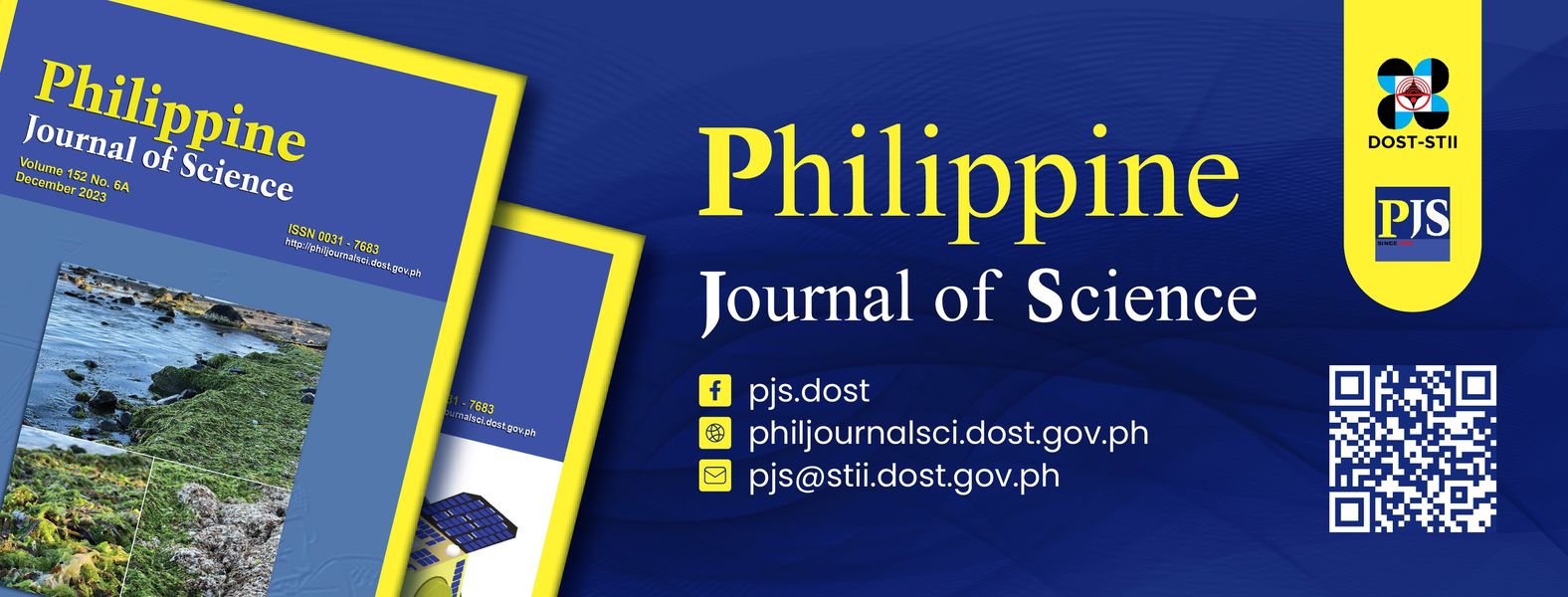




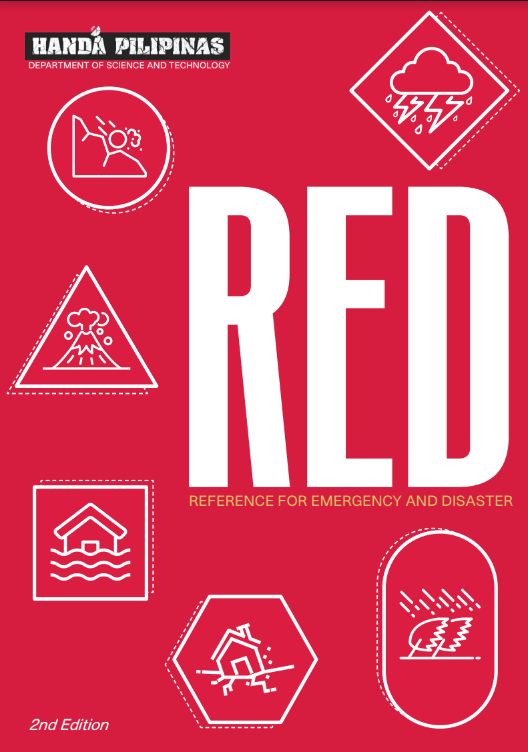





 21 in 2021 Technology Catalogue
21 in 2021 Technology Catalogue 21 in 2021 Technology Catalogue
21 in 2021 Technology Catalogue DOST Innovations - Web and Mobile Applications for Disaster Risk Reduction and Management
DOST Innovations - Web and Mobile Applications for Disaster Risk Reduction and Management